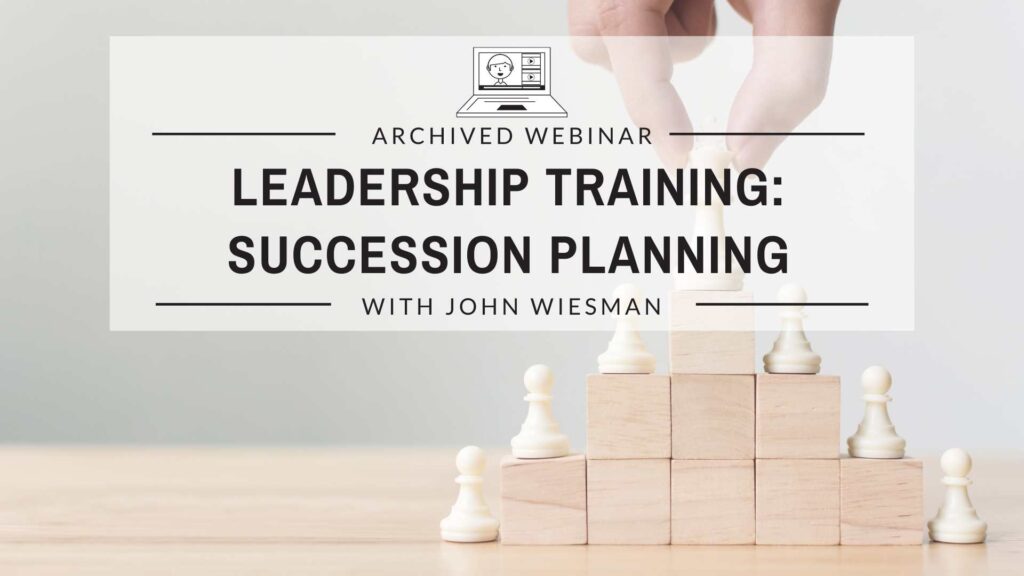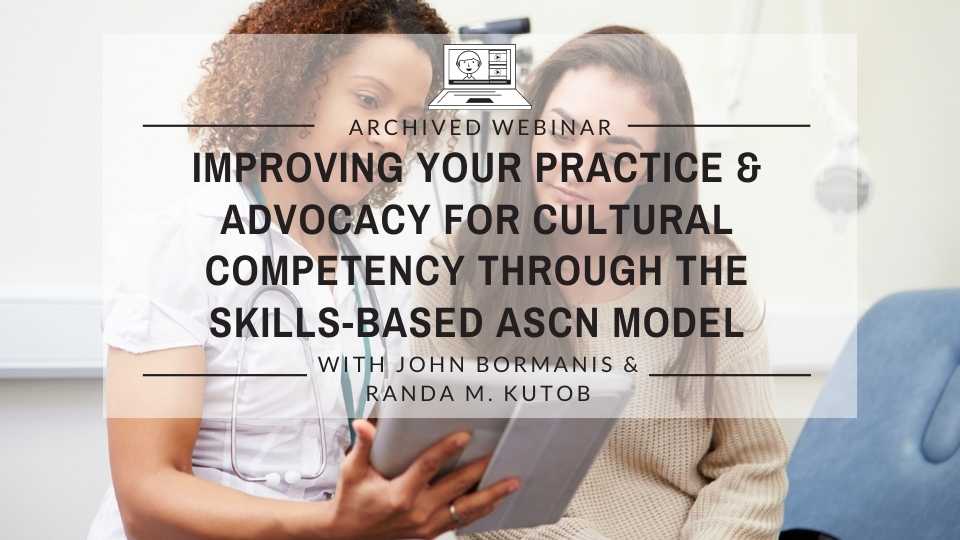This distance-learning course is only available to NCEDSV's member programs in Nevada. For information about access to the course, please contact Lindsay Yates at adminlv@ncedsv.org or (775) 737-3071.
The founders of Tohono O'odham Community Action, Terrol Dew Johnson and Tristan Reader, discuss traditional Tohono O'odham food production, recent efforts to strengthen Tohono O'odham food sovereignty, and the intersection between food sovereignty, cultural revitalization, and community health.
Learning Objectives:
This presentation was created to assist tribes working to address diabetes in their communities by strengthening their food sovereignty. After watching this presentation, learners will be able to:
- Identify main elements of the traditional Tohono O'odham food system.
- Understand the impact of the decline of the traditional Tohono O'odham food system on health.
- Determine integral elements of TOCA's programs.
Duration: 42 minutes
Format: web based/self study
Created/updated: 11/14/2017
Authors and presenters: Tristan Reader and Terrol Dew Johnson
Sonlatsa Jim-Martin examines the strategies used by Community Action and Patient Empowerment (COPE) on Navajo Nation to promote healthy, prosperous, and empowered Native communities, Namely, three collaborative approaches are reviewed: 1) robust, community-based outreach; 2) local capacity building and system-level partnerships; and 3) increasing access to healthy foods. COPE promotes access to healthy foods. They are focused on a range of efforts, including supporting the formation of local and regional Food Policy Councils and Wellness Councils, connecting community members on Diné Food Traditions and Farm-to-School initiatives, and mentoring high school youth on food literacy and communications.
Learning Objectives:
This presentation was developed to portray an example of an organization's policy and program initiatives to address food access and disparities in diet-related diseases in Native American populations. After watching this presentation, learners should be able to:
- Describe COPE's food access programs and policy initiatives
- Identify key health statistics for Navajo Nation and other factors that shape food programs and policy initiatives
- Understand the role sugary drinks play in health on Navajo Nation
Target Audience: Community Health Workers, Food System Workers, Policy Advocates and Policy Makers
Duration: 36 minutes
Format: web based/self study
Created/updated: 12/1/2017
Author and Presenter: Sonlatsa Jim-Martin
Preventing adolescent obesity is
essential to bettering the overall health in the nation. This training will discuss adolescent
obesity in the US and highlight 3 programs that have been successfully
implemented specifically for the prevention of adolescent obesity.
Learning Objectives:
- Discuss the short- and long-term consequences of adolescent obesity
- Describe the prevalence of overweight and obesity in U.S. adolescents
- Understand the need for adolescent obesity-prevention programs
- Explain characteristics of effective interventions to prevent overweight and obesity in adolescents.
Target Audience: Dietitians, Educators/ Trainers, Nurses, Social Workers, Public Health, Teacher/ Faculty.
Duration: ~ 30 minutes
Continuing Education Information: 0.5 Category 1 CHES Credits, 0.5 Continuing Competency
Format: Web-based Training, Self-Study
Created/Updated: 10/4/2016
Author(s): Tou Bee Thao and Brenda Mitchell
The overall aim of
this presentation is to allow the public health practitioner to choose those
prevention methods and settings specific to Childhood Obesity Prevention which
are most appropriate to their target audience using evidence-based methods.
Learning Objectives:
- Summarize the rising prevalence of childhood obesity,
particularly among at-risk populations, such as ethnic and minority groups.
- Identify the various factors that result in childhood obesity, with an
emphasis on environmental factors.
- Describe why from a public health standpoint the major goal is prevention as
opposed to treatment of childhood obesity.
- Examine which settings are most effective for childhood
obesity prevention programs, and apply this knowledge critically to your
specific target population given their needs and resources.
- Discuss why a settings-based approach which uses multiple settings is more
effective than a single settings approach.
- Explain the benefits of using evidence-based approaches to obesity prevention in children.
Target Audience: Dietitians, Educators/ Trainers, Policy/ Planner, General Public Health Staff, Public Health
Duration: ~ 45 minutes
Continuing Education Information: 1.0 CECH for CHES
Format: Web-based Training, Self-study
Created/Updated: 10/4/16
Presenter(s): Brian Mangum
Denisa Livingston and Danny Simpson provide information on the background, process, and future of the Healthy Diné Nation Act of 2014, the elimination of 5% tax on healthy foods, the Community Development Projects Fund Management Plan, and the Healthy Diné Community Wellness Development Project Guideline and Distribution Policy.Learning Objectives:
This presentation was created to portray a case study in public health policy, particularly for tribes considering implementing a junk food tax as a method of addressing obesity and diabetes disparities.
- Understand the development of the Healthy Diné Nation Act
- Identify outreach strategies used by the Diné Community Advocacy Alliance
- Distinguish approved uses of the revenue raised by the Healthy Diné Nation Act
Target Audience: Community Health Workers, Food System Workers, Policy Advocates and Policy Makers
Format: web based/self study
Created/updated: 11/22/2017
Author and Presenter: Denisa Livingston and Danny Simpson
Tristan Reader introduces strategies for involving this community when planning public health projects and programs, and shares the experiences of Tohono O'odham Community Action in creating a common vision, formulating effective strategies, and providing evaluative standards for a healthy Tohono O'odham community.
Learning Objectives:
- Understand the role a community can play in planning public health projects and programs
- Determine strategies for involving a community involving a community in the planning process
- Identify activities for formulating a community vision for health
Target Audience: Community Health Workers, Food System Workers, General Public Health Workforce
Duration: 30 minutesFormat: web based/self study
Created/updated: 10/27/2017
Author and Presenter: Tristan Reader
Succession
planning is an important component to have as part of an organization’s
strategic plan. This training offers a model and best practices on how to
implement elements of succession planning systematically.
Learning Objectives:
1. Distinguish between replacement planning vs succession planning
2. Describe the leadership pipeline model and its components
3. Identify best practices in developing a leadership pipeline
4. Discuss the elements of implementing a succession planning program
Target Audience: Public health staff
Duration: 1 hour (self-paced)
Continuing Education Information: N/A
Format: Self-paced
Created: 10/26/17
Partners: Arizona Local Health Officers Association
Author(s): John Wiesman, DrPH, MPH
Presenter(s): John Wiesman, DrPH, MPH
This webinar has been designed as an inter-professional training for
all healthcare providers. Nurses, pharmacists, and doctors, both in practice
and in training, as well as PA’s, MA's, front desk staff, receptionists, and
other staff can benefit from learning about improving cultural competency
skills and practices though identifying and removing potential roadblocks to
care experienced by patients from different population groups. This webinar
focuses on the Culturally and Linguistically Appropriate Services (CLAS)
standards of the US Department of Health and Human Services (HHS) Office of
Minority Health (OMH), health disparities, and a skills-based approach to
culturally competent care: the ASCN model (Ask, Share, Compare and Negotiate).
Learning Objectives:
- Describe the ASCN (Ask, Share, Compare, and Negotiate) model and how this skills-based approach to culturally competent care can be applied to your clinical setting.
- Demonstrate familiarity with the Culturally and Linguistically Appropriate Services (CLAS) standards of the US Department of Health and Human Services (HHS) Office of Minority Health and how they impact the ethical responsibilities of medical service providers.
- Define “health disparities” and how they disproportionately affect ethnic and racial minority populations in the United States.
- Recognize that “ethnicity,” “race,” and “culture” are fluid categories that overlap and also include other aspects of identity that can include religion, sexual orientation, gender, class, etc.
Target Audience: Allied Health Professionals, Dietitians, Mental Health Professionals, Nurses, Physicians and Other Clinicians, Case Manager
Duration: ~ 1 hour
Continuing Education Information: 1.0 CECH for CHES
CHES Provider number: 99036
Disclosures: The planners, reviewers, and authors have no declared conflicts of interest.
Format: Web-based Training, Self-Study
Created/Updated: May 8, 2017
Presenter(s): John Bormanis, PhD, Randa M. Kutob, MD, MPH
Vicky Karhu introduces how to conduct a Community Food Sovereignty Assessment as a way to realize and document the food and diet-related health story of a community through a community-driven and participatory process of information gathering. The assessment is a conversation-starter, a program planning tool, a fundraising tool, and a way to bring attention to the inter-relationships between a community's food, public health, and future food security. The information can reveal disparities and public concerns, community assets, and economic and health profiles. The results will provide direction for community health and wellness program planning with a focus on the food sources, habits,and needs of community members who will be served by future programs.
Learning Objectives:
This presentation was created to assist tribes working to strengthen their food sovereignty. After watching the presentation, learners will be able to:
- Understand the concept of food sovereignty and how it relates to health.
- Describe the basic seven steps for conducting a Community Food Sovereignty Assessment.
- Determine ways to use the data from a Community Food Sovereignty assessment to improve and strengthen public health and local food systems.
Target Audience: Community Health Workers, Food System Workers, Policy Advocates and Policy Makers
Duration: 30 minutesFormat: web based/self study
Created/updated: 10/27/2017
Author and Presenter: Vicky Karhu











